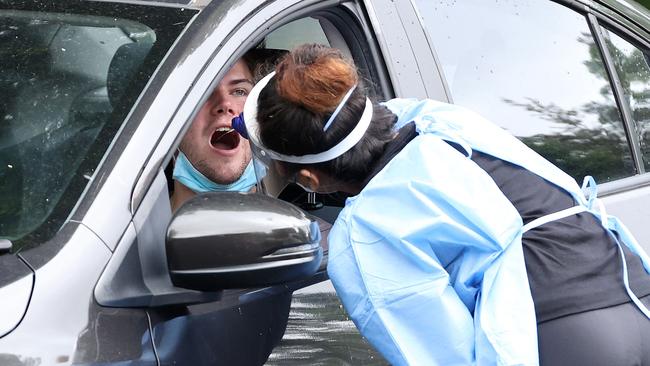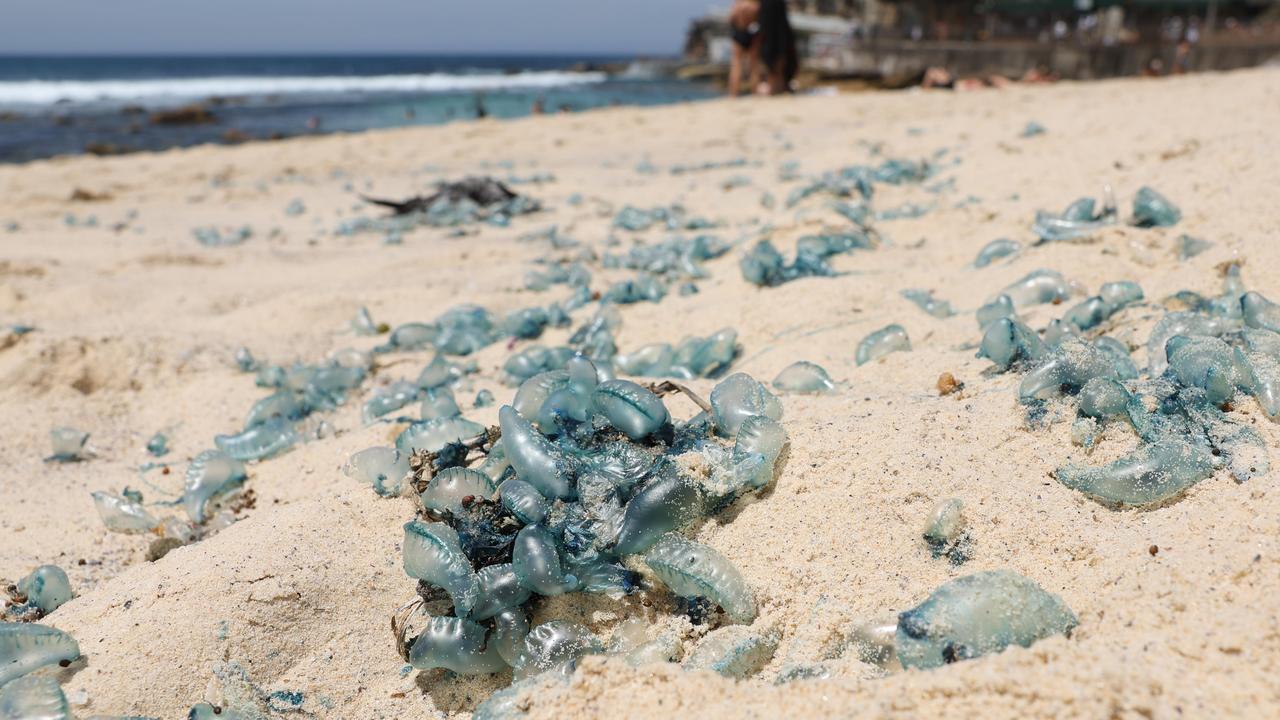Why you can test positive for Covid after day seven of isolation
Are you still testing positive to Covid after day seven of isolation? Infectious disease experts explain what it means.

Science
Don't miss out on the headlines from Science. Followed categories will be added to My News.
Have you caught Covid, done your seven-day mandated isolation period and are now both excited and nervous about your return to daily life?
Maybe more on the nervous side if you’ve decided to take another test before leaving isolation and received a positive result.
According to NSW Health, you can return to your normal activities seven days after you were tested if you do not have a sore throat, runny nose, cough or shortness of breath.
In Victoria, the rule is that you are automatically released after the seven days isolation.
As for how long you’re infectious for, this can vary from person to person but it is expected that by seven days most people will have no virus or very low levels.
Here is why some people can test positive after those seven days.
Why am I still testing positive on a PCR test?
PCR tests can detect fragments of the virus for about two to three weeks for an average person, but it can be even longer for people who had severe disease and longer again for immunocompromised people.
But Professor Tony Cunningham, an infectious diseases physician, clinical virologist and scientist from The University of Sydney, told news.com.au that studies have revealed people with positive PCR tests for a long time (excluding the immunocompromised) were not infectious.
“I think that’s the thing to reassure people about. The test is very sensitive. It’s designed to pick up virus shedding as early as possible but in doing that it’s a little bit too sensitive to measure prolonged infectiousness,” he said.

Infectious diseases physician and microbiologist Professor Peter Collignon, from Australian National University, added that this is why symptoms were an important part of the definition of whether you were infectious or not.
Why am I still testing positive on a rapid antigen test?
You will not see the same duration of shedding with a RAT as you could see with a PCR test.
Therefore, Prof Cunningham said they are much less problematic in showing up positives for such a long period of time.
If you test positive on a rapid antigen test after day seven, you may or may not be infectious.
“If you do have a positive rapid antigen test as your last test in quarantine then it would probably be wise to be careful until it turns negative,” Prof Cunningham said.
“The average is that three days after the cessation of symptoms you’re probably okay. That’s the average, obviously it can extend a little bit further than that.
“The average is also seven days after the onset of symptoms. The likelihood you’re going to be transmissible beyond that is very low but obviously if you get a positive antigen test then it would be prudent to see it to negativity while you’re at home before you go out and about.”

Prof Collignon said it was much more likely for a RAT to show a negative result before a PCR test did because it was better at detecting high levels of virus than low levels.
“What happens is when you get infection you get pretty high levels pretty quickly and then gradually it goes down with time and as it goes down with time, you’re often non-infectious as well,” he said.
Prof Collignon said people testing positive on a RAT after the seven days was “not necessarily a great surprise”.
“They may be in fact not infectious but (viral particles) may still be in their throat, the cells in their throat, for instance so they’re still detected,” he said.
His advice was to not leave isolation after seven days if you have symptoms.
Originally published as Why you can test positive for Covid after day seven of isolation




